You're stepping into the fast-paced world of AI content creation. But wait! Have you considered the ethical implications?
It's crucial to strike a balance between innovation and ethics. Let's delve into the guiding principles of ethical AI, the importance of accountability and transparency, and how privacy protection comes into play.
Together, we'll explore case studies to understand these principles in action.
Ready to navigate this complex terrain? Let's go!
Key Takeaways
- Transparency in AI ensures understanding of data analysis, decision-making, and content generation.
- Fairness in AI removes biases and provides personalized experiences for all users.
- Respect for user privacy is essential in responsibly handling personal data.
- Accountability is critical for ethical AI creation.
Understanding Ethical AI Principles
The ethical principles of AI, which you'll delve into next, are crucial for ensuring that content creation aligns with standards of fairness, transparency, and respect for user privacy. These principles set the tone for how AI interacts with users, shapes content, and influences the digital landscape.
Firstly, let's consider transparency. Simply put, you can't trust what you don't understand. When AI is transparent, you know exactly how it's analyzing data, making decisions, and generating content. You're not left in the dark, but rather, you're in the loop. This cultivates trust and assures you that AI isn't pulling any surprises.
Fairness, the next principle, ensures that AI doesn't favor one group over another. It's about removing biases in coding and making sure all users get a fair shake. When AI is fair, it's not just about treating everyone equally. It's about acknowledging that everyone's unique and deserves a personalized experience.
Lastly, we've respect for user privacy. This is non-negotiable. AI must respect your personal data and use it responsibly. It's not just about following laws and regulations. It's about valuing your privacy and making you feel secure.
Importance of Accountability in AI
As we venture into the sphere of AI, accountability emerges as a critical element. Grappling with AI accountability challenges isn't a simple task, yet it's fundamental to ethical AI creation.
Let's explore how to enforce AI responsibility, ensuring that AI systems aren't just smart, but also transparent and accountable.
AI Accountability Challenges
In your journey towards ethical AI content creation, you'll inevitably face challenges related to AI accountability, a crucial aspect that can't be overlooked. Overcoming these hurdles requires understanding of the fundamental issues at play.
- Lack of transparency: AI systems are often coined as 'black boxes' because the logic behind their decision-making process isn't always clear. You need to ensure your AI's reasoning is explainable.
- Misaligned objectives: The AI's goals mightn't always align with human values. You've to align the system's objectives with ethical considerations.
- Accountability for mistakes: If an AI system goes wrong, determining who's responsible can be tricky. You must establish clear lines of accountability.
Overcoming these challenges isn't easy, but it's a vital step towards creating ethical AI content.
Enforcing AI Responsibility
You need to enforce responsibility in AI development to ensure ethical content creation, highlighting the importance of accountability in all AI operations.
It's not just about building smart systems; it's about building them responsibly. This means having clear lines of responsibility and accountability for every decision an AI makes or action it takes.
If an AI system makes a mistake, who's to blame? The developer, the user, the company? It's crucial to have these questions answered up front.
When you're transparent about who's in charge, you'll foster trust and confidence in your AI systems. Remember, it's not enough to just create AI; you have to do it responsibly.
Enforcing responsibility in AI is a critical step in ethical content creation.
Transparency in AI Content Creation
Let's now turn our attention to the critical role of transparency in AI content creation.
You'll find transparency isn't just important, it's essential to maintain trust and integrity in the AI field.
However, it's not without its challenges, and we're going to discuss those too.
Importance of Transparency
While it's crucial to understand the technicalities behind AI content creation, it's equally important that you're aware of the role transparency plays in this field. Transparency in AI content creation involves clear communication about how the AI systems operate, what data they use, and how they impact the content. It's a key factor in fostering trust and accountability.
Here are three reasons why transparency is vital:
- Trust: When you're clear about how the AI works, users trust the content more.
- Accountability: Transparency allows for better scrutiny and accountability, reducing the chances of misuse.
- Informed Decisions: With transparency, users can make informed decisions about using the AI-generated content, knowing its strengths and limitations.
Transparency Challenges
Despite its importance, achieving true transparency in AI content creation isn't a walk in the park, presenting numerous challenges that we need to understand and address.
One major hurdle is the complexity of AI systems. They're often referred to as 'black boxes' because it's difficult to understand how they make decisions. This opacity can lead to mistrust and a lack of accountability.
There's also the issue of bias. If the data used to train the AI is biased, the content it produces will likely be too.
Finally, there's the challenge of maintaining privacy while being transparent. Balancing these two can be tricky, but it's crucial to ethical AI content creation.
AI and User Privacy Protection
In navigating the realm of AI content creation, you must prioritize user privacy protection as a crucial ethical consideration. As you develop your AI system, it's vital to ensure that user data isn't compromised or used maliciously. Privacy preservation isn't just an ethical obligation; it also builds trust between your AI system and its users.
First off, you've got to acknowledge the risks associated with AI and data privacy. AI systems often require massive amounts of data for optimal performance, but this doesn't mean you should overlook privacy concerns. In fact, it's the opposite. You have to carefully manage and protect personal and sensitive data.
Here are three key principles to guide you:
- Data Minimization: Only collect data that's necessary for your AI system to function. The less data you have, the lesser the risk of a privacy breach.
- Informed Consent: Users should be aware of the data being collected and how it's used. Make sure you're transparent about your data practices and obtain consent.
- Secure Storage and Processing: Implement robust security measures to protect user data. This includes encryption, secure data transfer protocols, and secure data storage.
Balancing Innovation and Ethics
Balancing innovation with ethics in AI content creation is a challenging yet essential task you can't afford to overlook. Technological advancements in AI are propelling us into a future of limitless possibilities. But with this surge in innovation, there's a crucial need to ensure ethical standards aren't compromised. You must strike a balance where innovation drives progress, but not at the expense of ethical considerations.
Firstly, you have to consider the potential implications of your AI innovations. Yes, it's exciting to create AI that can mimic human thought processes or emotions, but think about the possible misuse of such technology. Could it be used to manipulate or deceive people? If the answer is yes, you need to put safeguards in place.
Secondly, transparency is key. You should always be upfront about how your AI works and what it's capable of. Don't hide behind technical jargon; instead, explain its function and the potential risks it might present. This way, users can make informed decisions about whether or not they want to use your technology.
Lastly, remember that the ultimate aim of AI should be to enhance human life, not to replace it. It's important to ensure that your AI creations respect human dignity and autonomy. Don't create AI that makes decisions for people without their knowledge or consent. Instead, design AI that empowers people, helps them make better decisions, and improves their quality of life.
Case Studies: Ethical AI Practices
Drawing from the principle of balancing innovation with ethics, let's delve into real-world instances where ethical AI practices have been successfully implemented. These case studies will illustrate how organizations are making real strides in creating ethical AI, offering valuable insights into practical applications of these principles.
- Google's AI Principles: Google's approach to ethical AI is comprehensive and focuses on ensuring that their AI applications are beneficial to society, avoid creating or reinforcing unfair bias, are built and tested for safety, are accountable to people, incorporate privacy design principles, uphold high standards of scientific excellence, and are made available for uses that accord with these principles. They've also committed to not using AI in weaponry or surveillance that violates internationally accepted norms.
- IBM's Trust and Transparency: IBM promotes transparency and trust in their AI systems. They've developed a suite of tools that can explain AI decision-making processes. This makes it easier for users to understand AI predictions, ensuring that they aren't simply a 'black box'. IBM also provides clear guidelines about data rights and privacy, ensuring user data is treated with the respect it deserves.
- Microsoft's AI Business School: Microsoft has developed a free online course that educates business leaders about AI. The course doesn't just focus on the technical aspects of AI, but also highlights ethical considerations and how to implement AI responsibly. By doing so, they're ensuring that the next generation of AI leaders are well-equipped to handle ethical dilemmas.
These are just a few examples of how companies are putting ethical AI principles into practice. They serve as a model for other organizations aspiring to do the same.
Frequently Asked Questions
What Are Some Potential Legal Implications of Unethical AI Content Creation?
You're asking about legal implications of unethical AI content creation. Well, they're substantial.
If you're creating AI content that's unethical, you could face lawsuits for defamation, copyright infringement, privacy violation, or even hate speech. Plus, if your AI is discriminatory, you might be on the hook for civil rights violations.
It's a legal minefield out there, so you've got to be very careful about how you're programming and using your AI.
Are There Any Certifications or Qualifications Necessary for Someone to Create Ethical AI Content?
There aren't any specific certifications needed to create ethical AI content. However, it's beneficial if you're familiar with the field of AI and ethics. You should understand the potential implications of your work and strive to minimize negative impacts.
Courses in AI, ethics, and law can help you. Additionally, following accepted guidelines and principles for ethical AI development can demonstrate your commitment to creating responsible and ethical AI content.
How Does AI Content Creation Impact Job Opportunities in the Tech Industry?
AI content creation is transforming job opportunities in the tech industry. You're seeing a rise in roles for AI specialists and programmers. However, it's not just about coding.
There's a growing demand for professionals who understand AI ethics, can design user-friendly AI interfaces, and can interpret AI data. So, while AI might replace some jobs, it's also creating new opportunities that didn't exist before.
It's a rapidly evolving field that you should keep an eye on.
Are There Any Specific Tools or Technologies Recommended for Ethical AI Content Creation?
You're inquiring about specific tools or technologies for ethical AI content creation.
There aren't any universally recommended tools as it often depends on your specific needs.
However, OpenAI's GPT-3, IBM's Watson, and Google's AI tools are commonly used.
It's crucial to remember that using these tools ethically involves understanding their capabilities and limitations, ensuring transparency, and continually monitoring for any biases or inaccuracies in the content they generate.
How Can We Measure the Success or Effectiveness of Ethical AI Practices?
You can measure the success of ethical AI practices through various means.
It's crucial to monitor if the AI's output aligns with ethical standards.
Regular audits, user feedback, and transparency reports can help.
Also, assess the impact on stakeholders.
If your AI system is unbiased, respects privacy, and promotes well-being, you're on the right path.
Continuous improvement and adherence to ethical guidelines indicate effectiveness.
Conclusion
So, you've dove into the world of ethical AI content creation. It's clear that principles like accountability, transparency, and user privacy are vital.
It's all about balancing innovation with ethics, and learning from case studies can help. Remember, crafting AI with an ethical mindset isn't just responsible, it's smart business.
Keep these principles in mind and you're set to create AI content that's not only effective but also respectful of user rights.
















